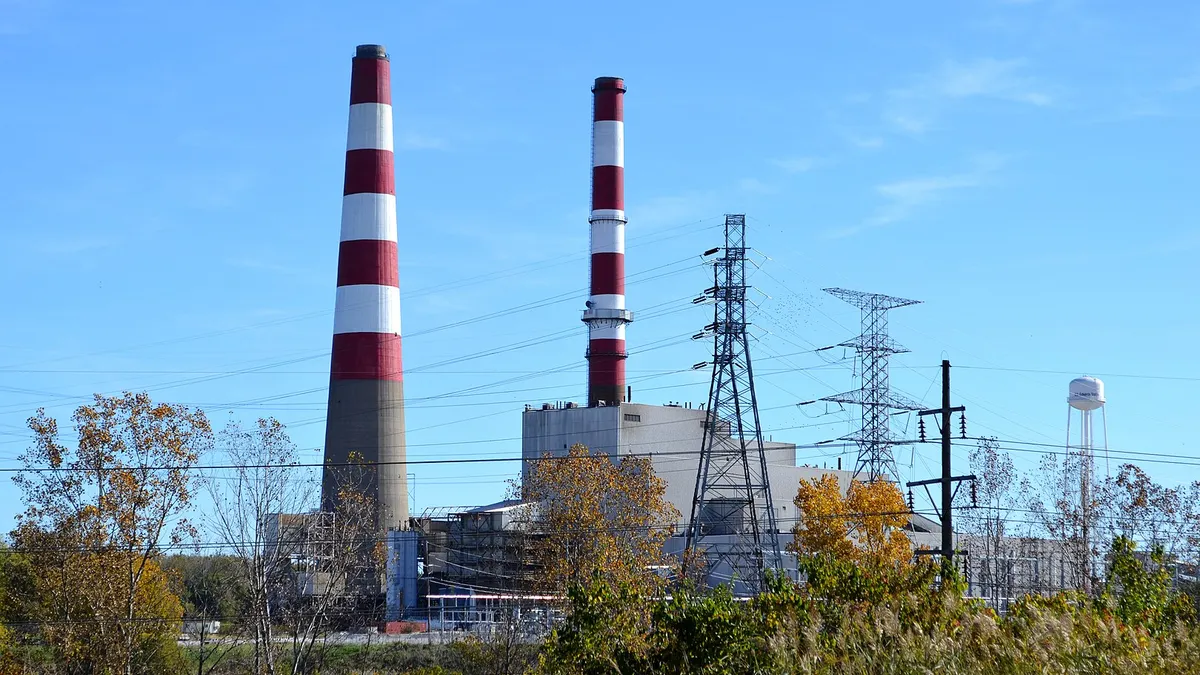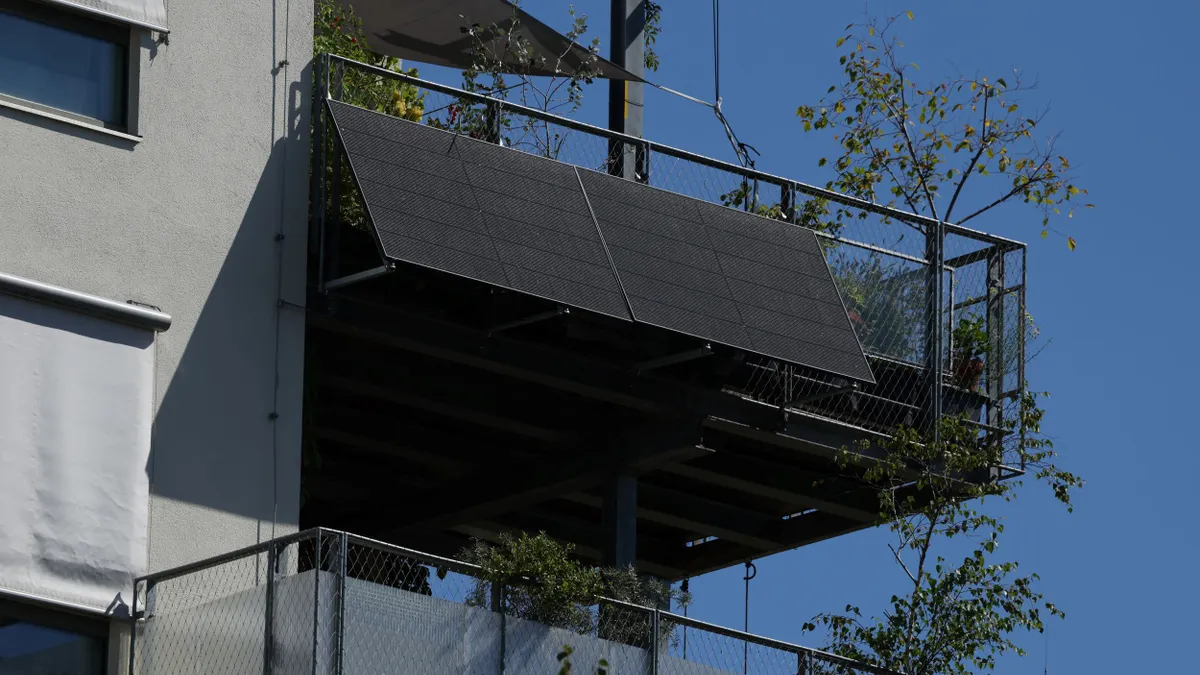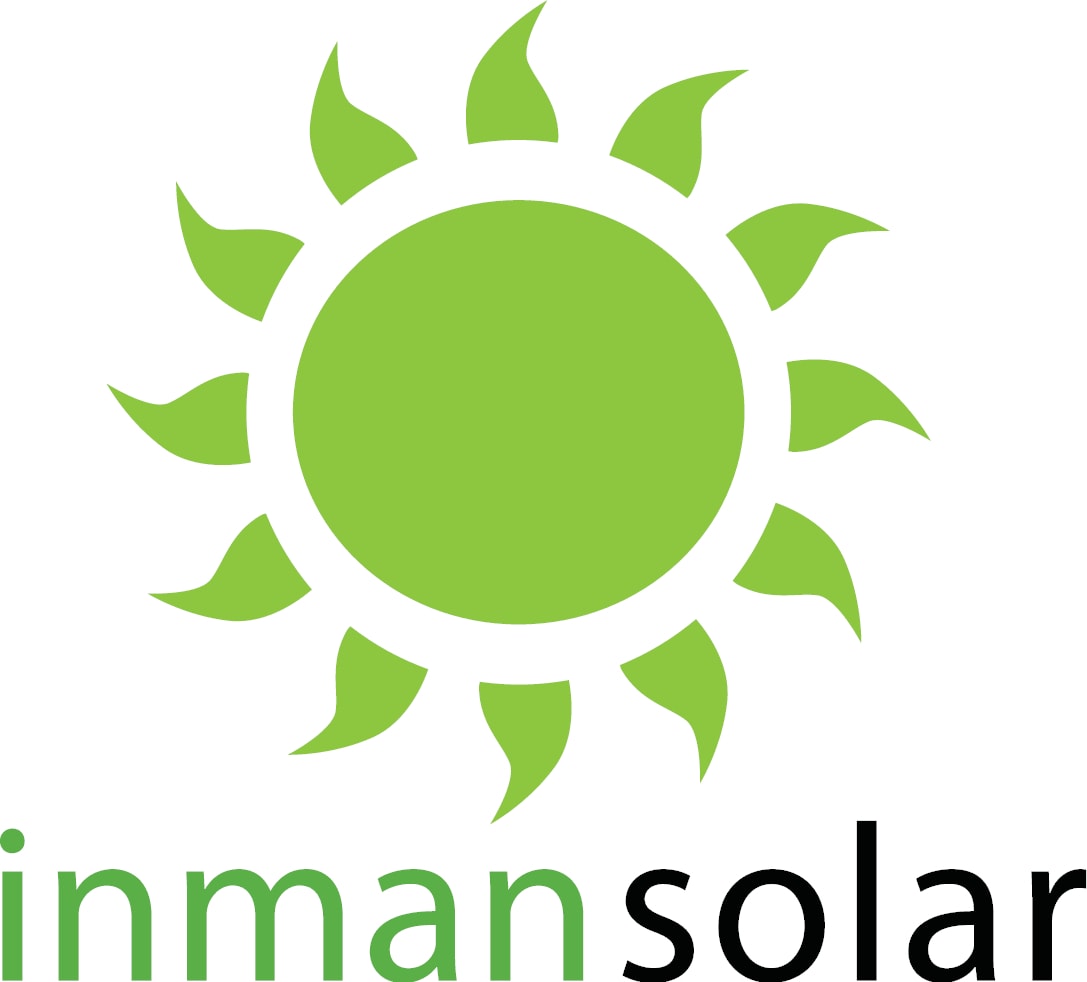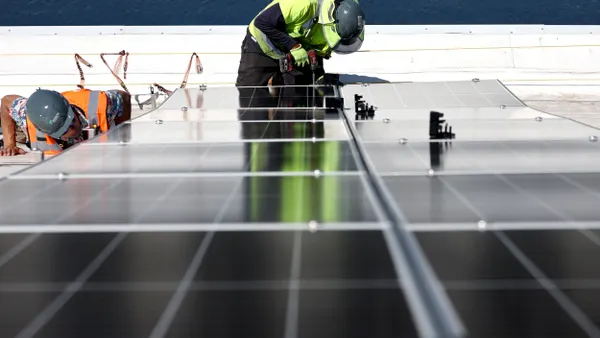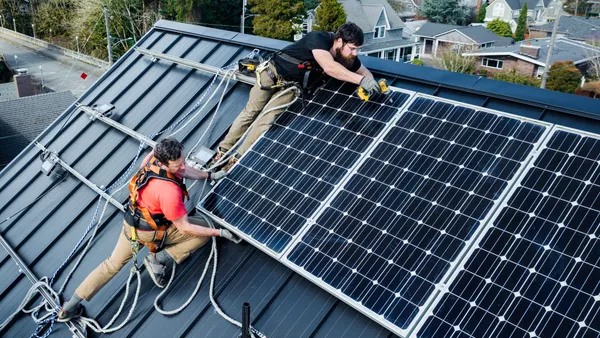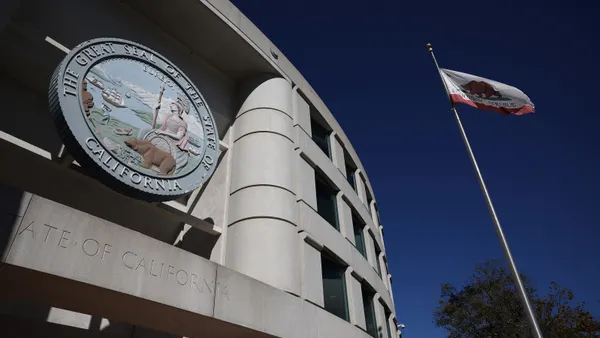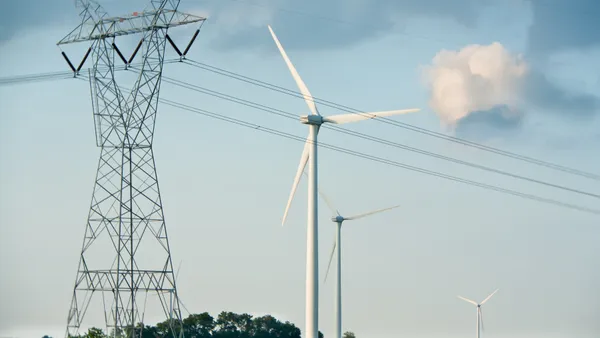Vistra on Tuesday asked federal regulators for two-year extensions to interconnection deadlines for solar and battery storage projects in Illinois totaling 833 MW, saying the independent power producer faces multi-year wait times to acquire key equipment.
The projects include 440 MW of solar and 106 MW of battery storage at the retired coal-fired Edwards power plant in Bartonsville and 287 MW of storage at the retired coal-fired Joppa power plant in Joppa, according to filings Vistra made at the Federal Energy Regulatory Commission. The projects have been in development since at least 2022.
“The petitioners have been diligently pursuing the development of these resources, which can make an important contribution towards meeting resource adequacy needs in Illinois and the [Midcontinent Independent System Operator] region,” Vistra said in its requests at FERC.
However, supply chain constraints, growing demand for electrical equipment spurred by Inflation Reduction Act incentives and rapid load growth have significantly increased the time it takes to get critical equipment, according to Vistra.
“These supply chain constraints have been compounded by uncertainty and disruption arising from recent increases in import duties and continued uncertainty regarding the future trajectory of U.S. trade policy,” the Irving, Texas-based company said.
Vistra has signed contracts reserving capacity with an equipment supplier for needed transformers, but the supplier expects it cannot deliver them until the fourth quarter of 2029, according to the filings.
Also, Vistra’s suppliers expect it will take three years to deliver breakers for the projects rather than the 12 to 18 months that typically have been required to obtain the equipment, the company said.
Vistra has interconnection agreements that set an Aug. 31, 2028, commercial operation deadline for the Joppa battery project and a Dec. 31, 2028, deadline for the Edwards project. The company asked FERC to extend the deadlines by two years.
“The petitioners will not have the certainty necessary to move forward with procurement and construction unless they have certainty that their [generation interconnection agreement] will not be terminated for failing to meet the existing deadline for achieving commercial operation,” Vistra said.
Vistra said its waiver requests meet FERC’s standards for issuing waivers from grid operators’ rules, including that the waiver does not have undesirable consequences, such as harming third parties.
The company asked FERC to approve its Edwards waiver request by June 27 and the Joppa request by July 23.
Vistra’s challenges in acquiring equipment for its projects comes as MISO, the PJM Interconnection and other grid operators face tightening power supply conditions, partly because of growing electric demand.
Earlier this year, FERC approved a PJM proposal to speed the interconnection of roughly 11.8 GW of planned capacity. The Southwest Power Pool proposed a similar process at FERC on May 22 while the agency on May 16 rejected a proposal by MISO.



